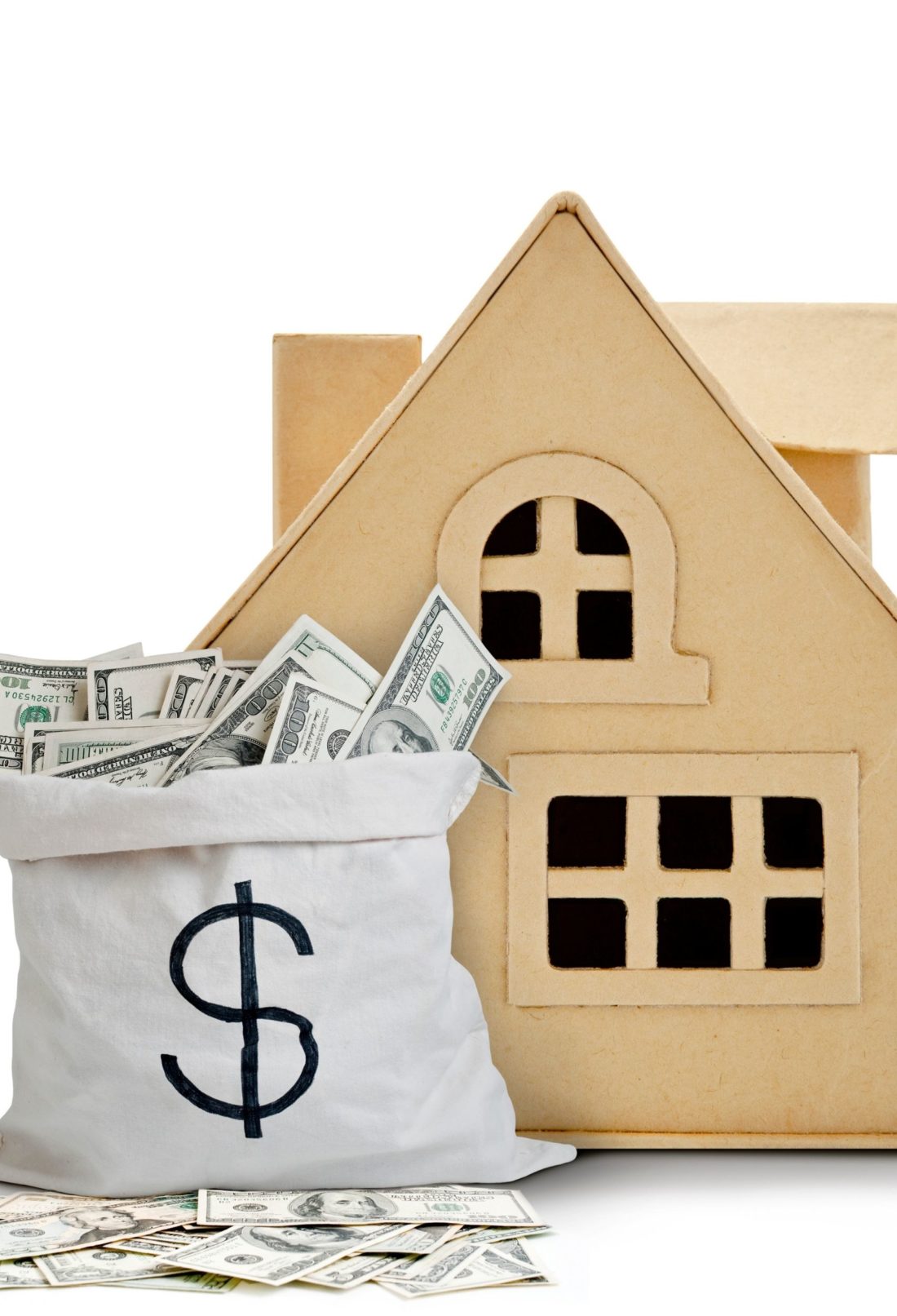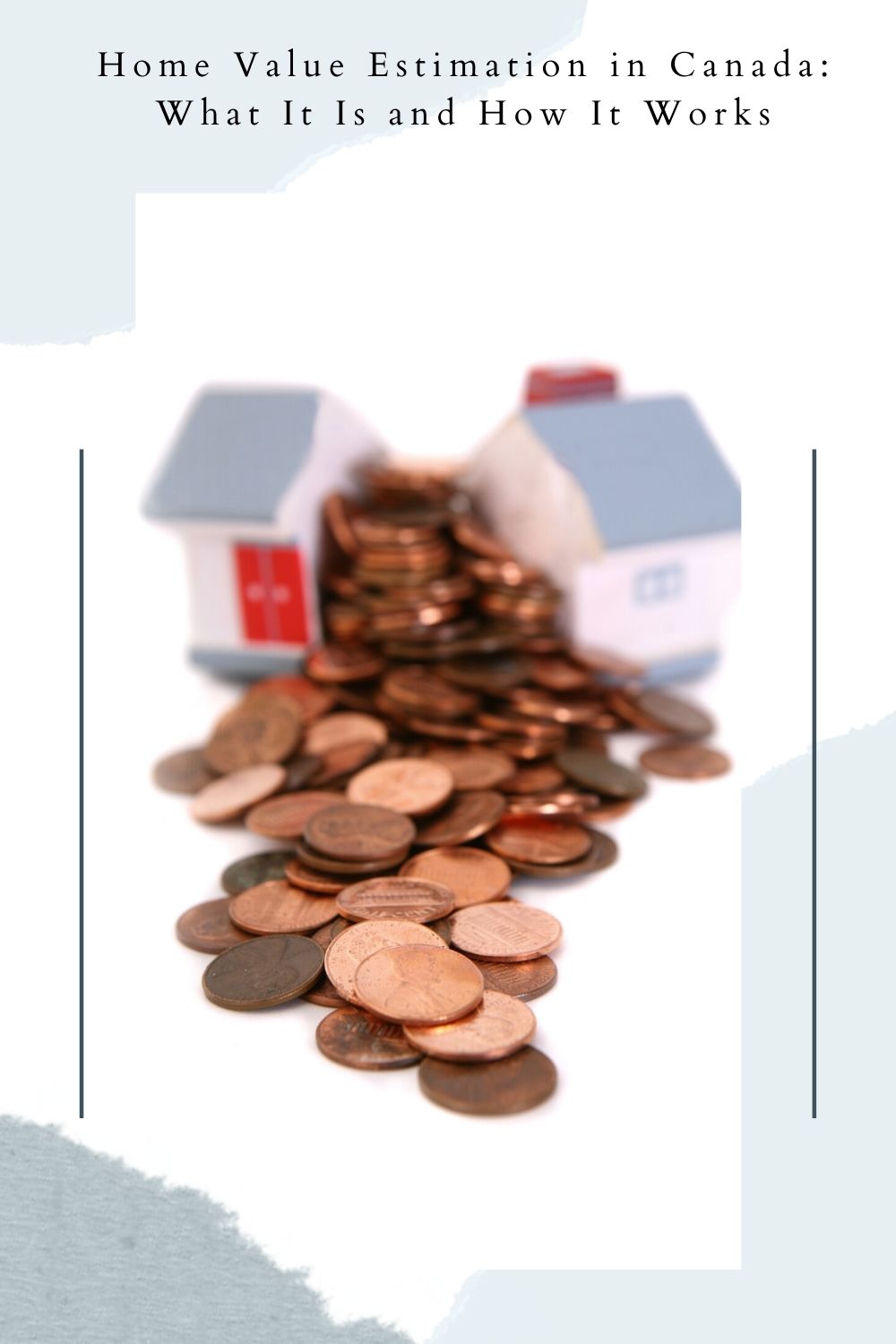
When real estate agents tell their Canadian clients that their homes are worth $150,000, $180,000, $200,000, and so on, there might be some small details the latter haven’t caught. This might be because the former is presenting what has become the standard stat sheet for a home. So, a $350,000 home might have an actual asking price of $500,000.
Property owners who want to get a piece of the action and receive accurate information about the real selling value of their homes in Canada must first grasp the meaning and practical application of home value estimation. Real estate valuation differs from simply selling or renting property as there is an economic motivation to find a high selling price for the home.
Why Is Home Valuation Important?
Canadian homeowners need to understand the estimated values of their homes since these estimations have an impact on the property’s market rental value. Renters might look for a home they like and make an offer on it. In this case, the owner may be unsure of how much to charge for such rents.
To get an idea of the current Canadian market rental value, they have to determine how much would be needed to raise or lower the home’s rental price to be on par with the actual rental value of such property. It also applies to Canadian home sales. Understanding the typical price of an apartment within a location can help create a personal home valuation.
Here are other ways home valuation can help a homeowner:
Weighing Options
Understanding what variables may influence the value of a Canadian home in a certain area is an essential aspect of home appraisal. By doing so, the owner can make significant modifications to the property, including constructing a second garage, installing a fire pit, remodelling the structure, or eliminating an old or malfunctioning item. Such modifications will increase the property’s value.
Conduct Home Sales or Rentals with Confidence
Once the true value of a property is established, the owner may confidently determine appropriate rental rates or prices. Granting some of the features have independent values, the underlying property worth can help set realistic pricing that benefits all members onboard the transaction.
Make Advantageous Decisions
The real estate market in Canada is ever-changing. As a result, different locations have varied rental and sales prices that are determined by unique factors. Understanding home valuation estimation in a selected region can provide a detailed picture of the most profitable places and their availability.
A property owner might look at current sales activity in the area to estimate the rental amount to adjust. These sales may include the price of a home in the last 12 months as well as any “comparables,” which are homes that sold for a similar price in the same neighbourhood.
If the sales price exceeds the property’s value and all “comparables” have lower prices, the next step would be to reduce the price.
Factors that Affect a Home’s Value
How much is a home going to sell for under normal conditions, excluding personal buying and selling pressure? Several factors come into play, which may be classified as internal features, external features, location, and supply and demand. Although distinct, the last category share grey areas with buying and selling pressure.
Internal Features
A few factors to consider include construction quality, available backup utility room, flooring style, number of baths and bedrooms, amenities, energy efficiency, closets with built-ins, heating type, appliance quality, and quality finishes.
External Features
They include home condition, building style, extra yards, curb appeal, paved road, swimming pool, detached garages, sidewalk, ample parking, and many more.
Location
Is the home perched on a hillside? How close is it to the nearest airports, railway stations, schools, retail malls, and recreational facilities? Is it in the heart of a commercial district? Is it in a safe neighbourhood? Is it in close proximity to a historical landmark?
Demand and Supply
How many homes are available for sale in the area, and how many buyers are ready to buy right away? Do these properties sell fast or do they linger on the market for a long time?
Reputable online home value estimators also come in handy as well.
Home Valuation Comparison
When comparing homes to determine their value, keep the following points in mind:• Building style• Location• Square footage• Lot size• Age
These attributes don’t always offer a precise estimate. As a result, it’s essential to modify the pricing of comparable homes slightly. The differences in the results can then be projected to determine the actual value if the above conditions were even among the selected properties.
To get factual information about comparable sales within a location in Canada, homeowners can visit municipalities, local assessor’s offices, real estate agents, online databases, and local newspapers.
What is the Canadian Real Estate like Recently?
There have been many such questions, but the answers depend on many variables, like inflation, government regulations, changes in ownership of homes, various technological developments and much more.
Nevertheless, in June, the average price of properties sold in Canada was$688,208 (a 39% increase from the previous number in May). The number of transactions conducted during that period was 68,335 (a 106% increase from the previous month as well).
The Greater Toronto housing market witnessed an increase in sold prices across building types like condo apartments, townhouses, semi-detached, and detached. Similar results were seen in Ottawa, Edmonton, City of Calgary, Greater Vancouver Area, Montreal Metropolitan Area, Hamilton, and Winnipeg.
Final Thoughts on Home Value Estimation
The majority of Canadian homeowners regard their residences as their most valuable financial asset. In that case, it becomes critical to grasp their true worth and how to enhance it to get the best bargain. Conducting appropriate and timely appraisals on such assets is one of the finest strategies to adopt.
Such owners may harness eye-catching features that set their properties apart from the competition. These would include prime locations, ornate architecture, high ceilings, sleek flooring, and roomy interiors. However, solely undertaking the valuation task may yield limited results. For this reason, there is still a need for real estate professionals.
A good Canadian real estate expert understands the real estate market’s ability to absorb notable changes in home value estimations. Taking this valuation strategy into consideration, the expert employs deep statistics and thorough research techniques to determine a figure for the best price tag on each property selected.

